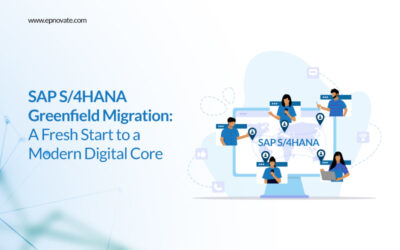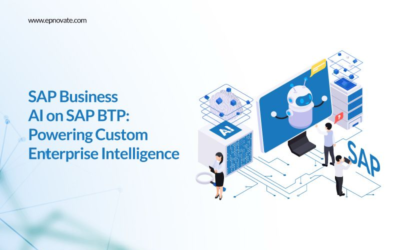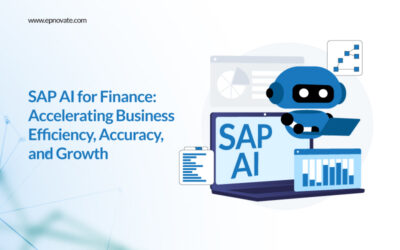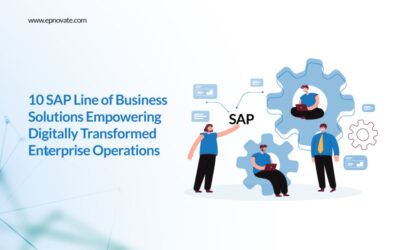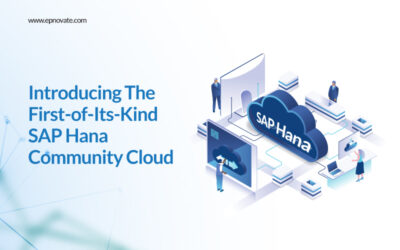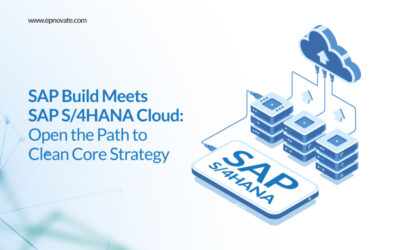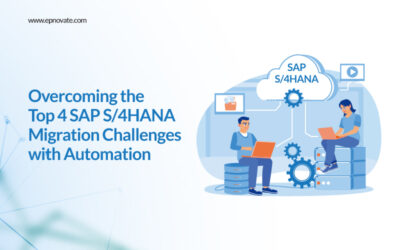9 Proven Tips For a Successful Transition to SAP S/4HANA
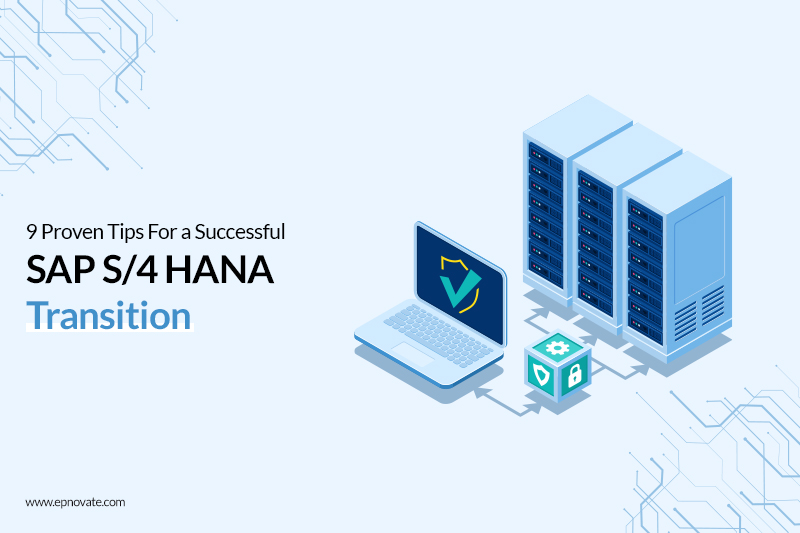
9 Tips to Ensure Smooth Incorporation of transition to SAP S/4HANA Into Your Business
The introduction of digitization into the management of a business has been nothing short of revolutionary. The release of intelligent ERP software by SAP, known as transition to SAP S/4HANA, brought about several changes to the traditional method of managing a business. By incorporating management software into a business, a business owner will be able to attain transparency in various business operations. They can also receive real-time forecasts and data analysis to better understand the future of their enterprise.
Tips for a Seamless Transition to SAP S/4HANA
From learning to analyze data to optimizing business operations, a business owner can carry out the following tips
Non-Invasive migration
S/4Hana migration
The process of migration involves upgrading the hardware or, in this case, software used by the business. To carry out this process smoothly, the SAP software has to be in its latest version. In addition to this, one should ensure that all actions that take place from planning to S/4HANA migration are well thought out.
Evaluating the Requirements of the Business
Before going through with the transition to sap S/4HANA, a business needs to outline the various instances that S/4HANA will be beneficial to a business. This is known as an on-premise deployment. By looking at the function of the software through this perspective, one can manage the SAP database, data centers, Networking, and more. This further offers a business the ability to minimize risks and gain control.
Conducting Analysis for Better Decision Making
The user support should be utilized by a business owner to analyze possible dead weight that may have accumulated in the business. That is, determining the key values that are not in use. Therefore, this data collected by the SAP system can help with decision-making and performance improvement.
Reducing Costs and Down-Times Through Insights
The SAP S/4HANA ERP software can compile real-time insights into the performance of business operations. Through these insights, one will be able to analyze large volumes of data in real-time and avoid risks during migration.
Executing Deployment through SAP Professionals
A smooth transition to SAP S/4HANA also requires the intervention of SAP Professionals. These professionals will conduct workshops regarding functional planning or provide training to understand the various resources the software can offer. The process of deployment may require the creation of prototypes and testing systems.
Decreasing the Disruption in Business Processes
The introduction of a new Business Suite may lead to some disruption in the productivity of the business as employees learn to use the software. To counter this, an enterprise can use meticulous planning and the SAP’s Database Migration Option to minimize the disruption. One can use this migration option to transfer data from one software to another through the SAP cloud.
Management of Technical Change
While transitioning from old software to a new one, one will have to make sure that alterations made in the old software are carried over to the new one. A lack of synchronization reflects the lack of technical management. Therefore, one should ensure that the required technical changes take place.
Visualising Implementation Through Road-Maps
The implementation of the successfully transition to SAP S/4HANA can be made lucid with the help of Road Maps. These Road maps will represent different sections of the transition process, that is, differentiating between mission-critical applications from business line applications.
Understanding the Implications of Migration
The creation of a proof of concept is a great way to understand the implications of migration. By doing so, businesses will be able to test out the software to make sure that no colossal risks are accompanying the transition to SAP S/4HANA.
Optimizing business processes with the all-new SAP S/4HANA software is essential for companies With. Understanding migration and its implications, decreasing disruption, and ensuring security while considering the business requirements are some of the ways to achieve a successful migration. One can also avail of the options for your transition to SAP S/4HANA services to receive technical assistance during migration.
Author: Epnovate Technology
Website: https://epnovate.com
Recent Posts
- SAP S/4HANA Greenfield Migration: A Fresh Start to a Modern Digital Core
- SAP Business AI on SAP BTP: Powering Custom Enterprise Intelligence
- SAP TechEd 2025 Showed Agentic AI Is Here — And It’s Reshaping the Future of SAP
- Understanding The Value of RISE with SAP
- Why Codeless AI Automation Is the Key to Scaling SAP Testing
